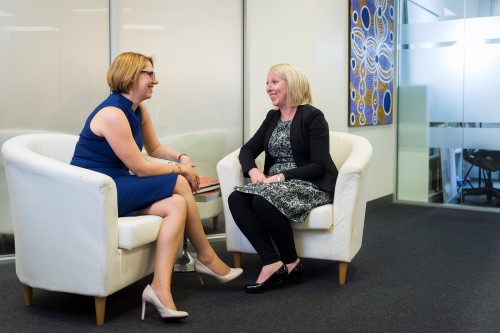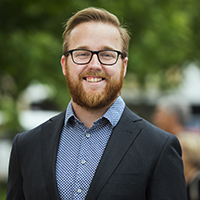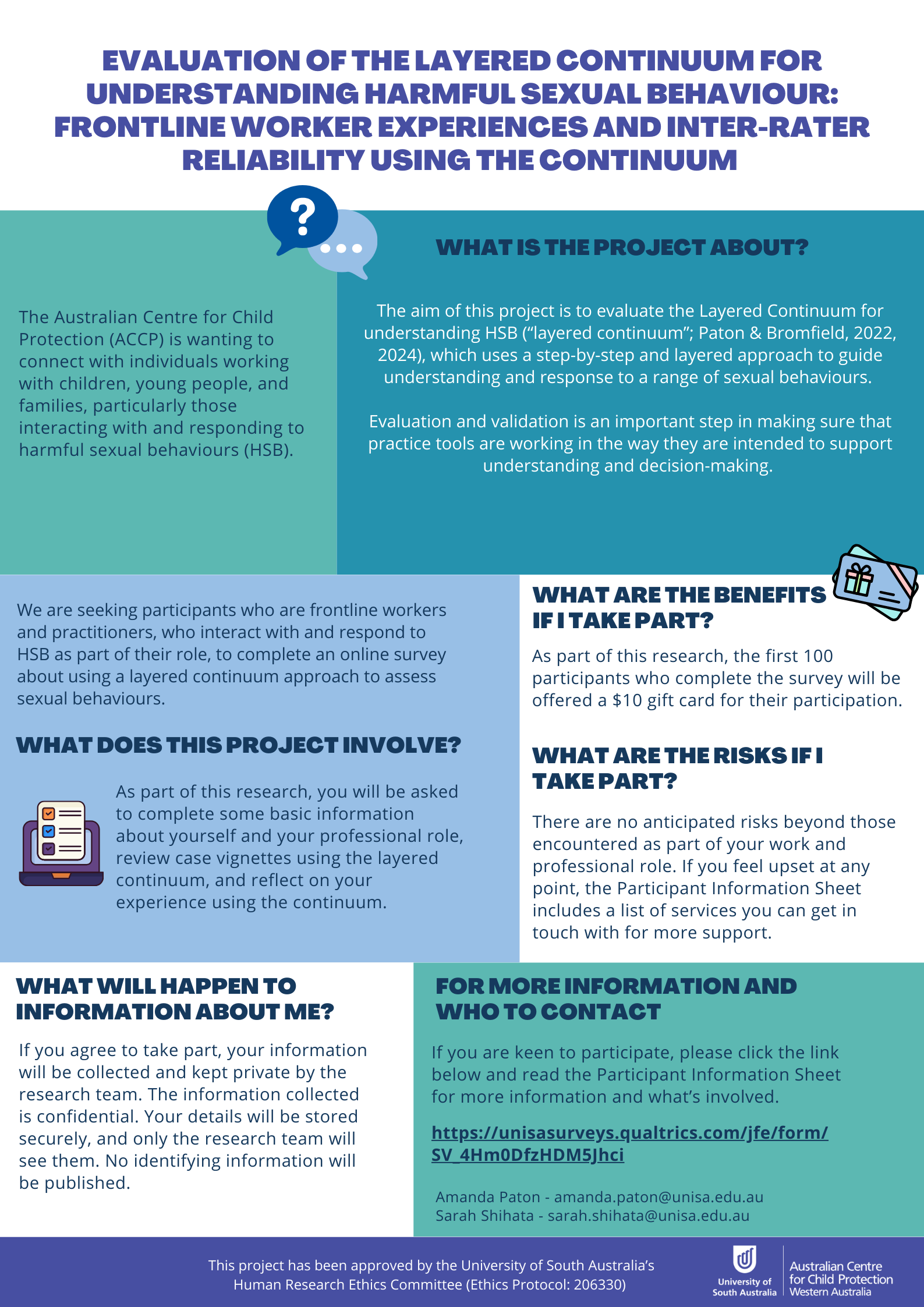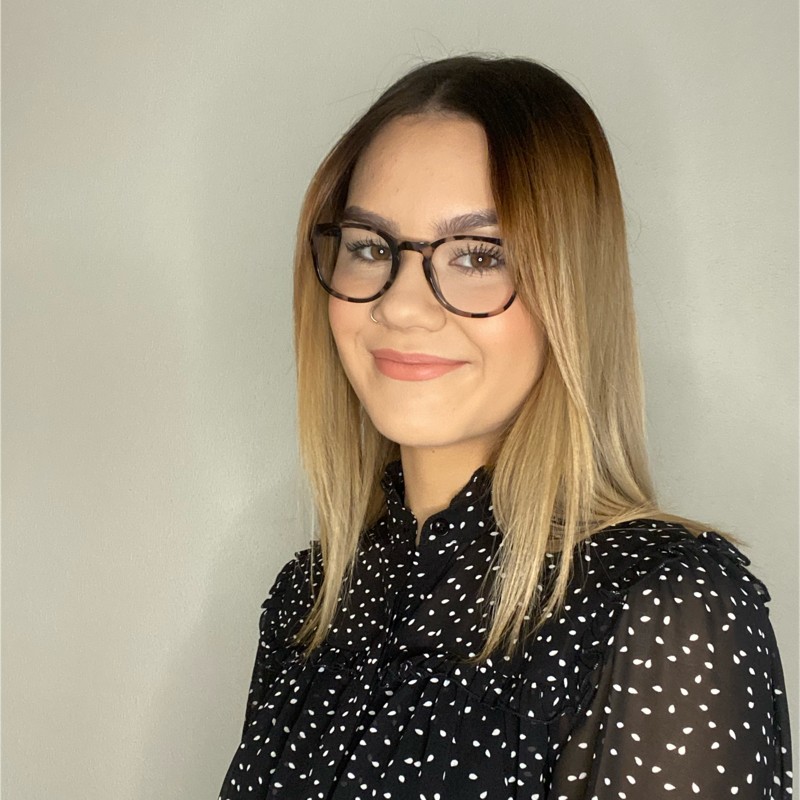The ACCP welcomes new enquiries for partnership and collaboration.
-
Collaborate with us

The Australian Centre for Child Protection is focused on developing the evidence base and practical approaches to help improve the lives of vulnerable children and families. The Centre collaborates with a wide range of partners at a state, national and international level, including government entities, not for profit organisations and other high-calibre research institutions.
We work in collaboration with our partners to understand their needs and to tailor a response or project which can best meet these to deliver the most effective outcomes. This includes developing new approaches, programs and solutions, founded on the latest knowledge and evidence base, ready for implementation into policy and practice.
Through the Centre’s broad ranging research and clinical expertise, we can support your organisation across the following areas:
- Research Solutions: Undertaking cutting edge, tailored research with our expert team of researchers, delivering new knowledge and approaches in preventing and responding to child abuse and neglect.
- Workforce Capacity Building: Supporting the development of new knowledge and practice skills across the sector, including through the delivery of online training courses or the development of specialised training courses.
- Policy and Practice Solutions: Supporting the development and implementation of fit for purpose policy and practice solutions, leading and informing policy development and new practice approaches, and supporting reform within the child protection sector.
- Expert/Advisory Services: Provision of expertise and advisory services to assist strategy, program or policy development.
To discuss your needs or to better understand how the ACCP may be able to partner with you, please contact:
Lisa McDonald
Centre Manager, Australian Centre for Child Protection
(M) 0401 635 310 or lisa.mcdonald@unisa.edu.au -
Study with us
ACCP welcomes students who wish to explore a career in research and for those seeking careers related to child protection policy and practice. The activities offered by the Centre under our study program provides students with opportunities to strengthen their research skills, become familiar with child maltreatment research, and engage with expert researchers.
There are many ways you can do this including participating in:
For Potential PhD students
The ACCP provides a supportive PhD environment under the supervision of our expert staff.
The ACCP, in partnership with South Australian Department for Child Protection also has current scholarship opportunities under the Enhancing Practice – SA Department for Child Protection PhD Research Program.
For Honours Projects
The ACCP provides pathways for UniSA Psychology and Social Work Honours students interested in pursuing a career in research.
Vacation Research Scholarships
The ACCP offers opportunities for students to complete internships under the UniSA Summer Vacation Research Scholarships program.
Placement Students
ACCP hosts 3rd year UniSA Psychology students to provide experience working in a rich research environment.
Contact us for more information on study opportunities
Hear from our students
 "Completing my PhD at the ACCP has played a pivotal role in supporting my journey towards becoming a child protection expert, mentored by some of the leading and internationally-renowned researchers in this field. During my studies, I have had opportunities to work directly with partners in the academic, government and non-government sectors, including through a secondment to provide research expertise to the Northern Territory Royal Commission into youth detention where I informed more than 20 recommendations for reform to out of home care. It is rewarding to see how the findings from my PhD research, focusing on decision-making in out of home care, have helped shape child protection policy and practice in Australia. Undertaking this research journey with the ACCP has given me the skills to start a successful career focused on my core passion of transforming the lives of children and young people in care."
"Completing my PhD at the ACCP has played a pivotal role in supporting my journey towards becoming a child protection expert, mentored by some of the leading and internationally-renowned researchers in this field. During my studies, I have had opportunities to work directly with partners in the academic, government and non-government sectors, including through a secondment to provide research expertise to the Northern Territory Royal Commission into youth detention where I informed more than 20 recommendations for reform to out of home care. It is rewarding to see how the findings from my PhD research, focusing on decision-making in out of home care, have helped shape child protection policy and practice in Australia. Undertaking this research journey with the ACCP has given me the skills to start a successful career focused on my core passion of transforming the lives of children and young people in care."Dr Jenna Meiksans
 "Undertaking a PhD at the ACCP has provided me with a solid foundation for developing my skills, experience and expertise in the field of child protection. Studying with the ACCP gave me the opportunity to become an invited member of the National Fetal Alcohol Spectrum Disorder (FASD) Advisory Board, which oversees the implementation of the 2018-2028 National FASD Strategic Action Plan. It has also led to me collaborating nationally with a number of organisations, including the National Organisation for Fetal Alcohol Spectrum Disorders and Connecting Foster and Kinship Carers South Australia, to develop and test early screening tools for young children. The ACCP has supported me to both develop my research skills and to make links with the broader child protection field as I head into the next phase of my research career."
"Undertaking a PhD at the ACCP has provided me with a solid foundation for developing my skills, experience and expertise in the field of child protection. Studying with the ACCP gave me the opportunity to become an invited member of the National Fetal Alcohol Spectrum Disorder (FASD) Advisory Board, which oversees the implementation of the 2018-2028 National FASD Strategic Action Plan. It has also led to me collaborating nationally with a number of organisations, including the National Organisation for Fetal Alcohol Spectrum Disorders and Connecting Foster and Kinship Carers South Australia, to develop and test early screening tools for young children. The ACCP has supported me to both develop my research skills and to make links with the broader child protection field as I head into the next phase of my research career."Dr Stewart McDougall
- Stay up to date with us
-
Contribute to our research
Projects seeking participants
-
Evaluation of the layered continuum for understanding harmful sexual behaviour
 The Australian Centre for Child Protection (ACCP) is wanting to connect with individuals working with children, young people, and families, particularly those interacting with and responding to harmful sexual behaviours (HSB).
The Australian Centre for Child Protection (ACCP) is wanting to connect with individuals working with children, young people, and families, particularly those interacting with and responding to harmful sexual behaviours (HSB).We are conducting a research project entitled, Evaluation of the layered continuum for understanding harmful sexual behaviour: Frontline worker experiences and inter-rater reliability using the continuum. We are seeking participants who are frontline workers and practitioners who interact with and respond to HSB as part of their role to complete an online survey about using a layered continuum approach to assess sexual behaviours. The Layered Continuum for understanding HSB (“layered continuum”; Paton & Bromfield, 2022, 2024) uses a step-by-step and layered approach to guide understanding and response to a range of sexual behaviours.
As part of this research, you will be asked to complete some basic information about yourself and your professional role, review case vignettes using the layered continuum, and reflect on your experience using the continuum. If you are keen to participate, please read the Participant Information Sheet for more information and what’s involved.
View and complete the Participant Information Sheet
If you know anyone who would be a great fit and might be keen to participate, please pass this along!
This project has been approved by the University of South Australia’s Human Research Ethics Committee (Ethics Protocol: 206330) -
Improving the process and long-term outcomes of reunification for families: Exploring the facilitator and barries for safe and stable reunification
 Ebony Tucker, a PhD Candidate within the Australian Centre for Child Protection (ACCP), is wanting to connect with both
Ebony Tucker, a PhD Candidate within the Australian Centre for Child Protection (ACCP), is wanting to connect with both- Parents/caregivers who have experienced reunification their child(ren) from January 2018, and
- Professionals who work alongside and/or oversee families throughout the reunification process, including post-reunification.
Ebony’s PhD project aims to improve the process and long-term outcomes of reunification for families by exploring the facilitators and barriers to long-term safe and stable reunification, where reunified children remain within their families and do not cycle back into out-of-home care.
As a part of this project, Ebony is conducting two studies:
Parent/Caregiver Study
This study aims to gather parent/caregiver experiences of the reunification process, including supports and challenges experienced working towards and after reunification. To help achieve this, the study is seeking parents/caregivers who have experienced reunification since January 2018, to participate in an online survey and/or one-on-one 60-minute interview. Interviews will be with the lead investigator (Ebony Tucker) and can take place in-person, or online, depending on the preference of the participant. Survey participants will have the opportunity to enter into a prize pool to receive one of five $50 gift cards. All interview participants will receive one $50 gift card for their participation. Participation will remain entirely confidential.
If you know anyone who may fit the above description and be interested in participating in an interview, please feel free to pass along Ebony’s contact details (listed below).
View the Interview Participant Information Sheet - Parents
Alternatively, for those who may be interested in taking part in the survey (rather than or in addition to an interview), please feel free to share the below survey:
https://unisasurveys.qualtrics.com/jfe/form/SV_cCuty9IGRnx56ZM
View the Survey Participant Information Sheet - Parents
This project has been approved by the University of South Australia’s Human Research Ethics Committee (Protocol: 205859)
Practice Professional Study
This study aims to explore professional experiences of working with and supporting families in achieving and maintaining reunification, including the policy and practice experiences underpinning reunification work, perceptions of family experiences, and ideas for meaningful development and change in practice. To help achieve this, the study is seeking professionals who work alongside parents/families through the reunification process (including working towards and/or following reunification), to participate in a one-on-one 60-minute interview. Interviews will take place online, and participation will remain entirely confidential.
View the Participant Information Sheet - Professionals
If you are or know anyone who may fit the above description and be interested in participating in an interview, please contact Ebony directly.
This project has been approved by the University of South Australia’s Human Research Ethics Committee (Protocol: 206504).
Lead Investigator: Ms Ebony Tucker
Department: UniSA Justice & Society
Email: ebony.tucker@mymail.unisa.edu.au
Phone: 0459 716 462
-
Evaluation of the layered continuum for understanding harmful sexual behaviour



